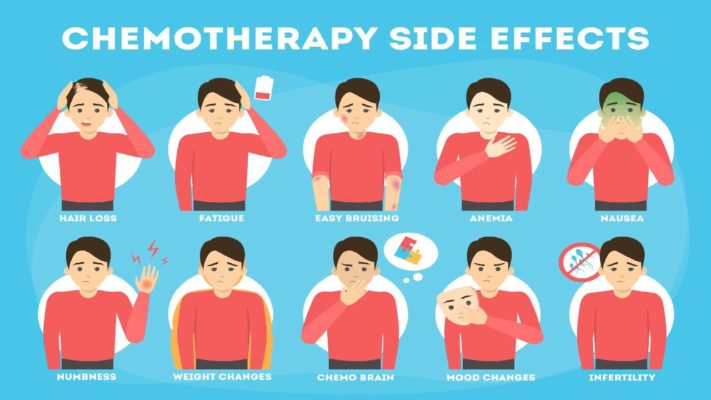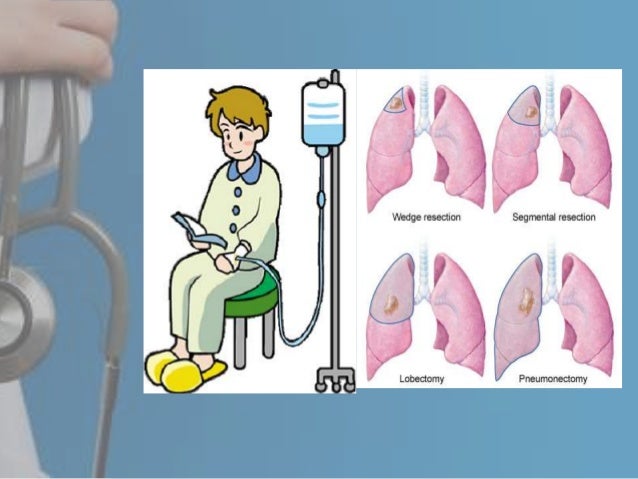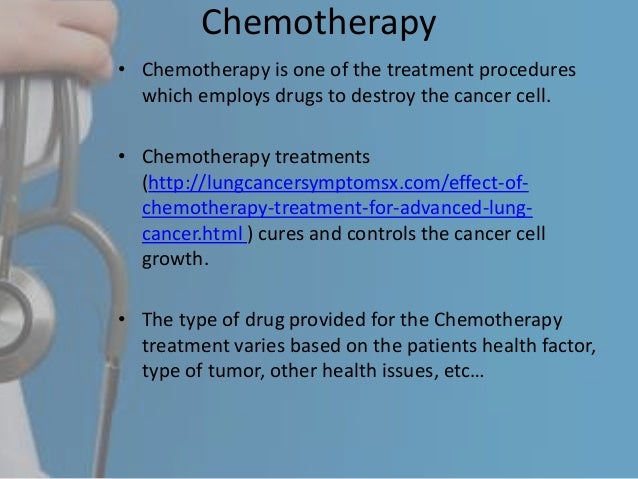Here are things you might consider trying to make living with chemotherapy side effects a little easier. Stage 1, 2, and 3:

Chemotherapy Dr Sachin Gupta Oncologist
Eat five or six small meals a day.
Stages of chemotherapy side effects. What are common side effects of chemo? Patients undergoing chemotherapy usually need strong emotional support, and they are going through anxiety, depression, and anticipatory grief from the expected side effects of the drugs. Side effects of chemotherapy the goal of chemotherapy is to destroy cancer cells.
Nausea and vomiting are typical side effects. Because of this, the side effects of chemotherapy include: However, the goal of chemotherapy is sometimes to kill all the cancer.
Read on for tips on how to manage common side effects of chemotherapy for ovarian cancer, and to better understand how and why they occur. Patients identified the top three chemotherapy side effects that they would most like to avoid: What are the side effects of chemotherapy?
To read about the common drugs used in chemotherapy, click here. Damage to healthy cells may cause side effects, such as mouth sores, nausea, and hair loss. Easy bruising and excessive bleeding;
Side effects of breast cancer chemotherapy may include nausea, vomiting, hair loss, increased risk of infection, fatigue, and easy bruising. Chemotherapy can cause cardiac effects early in treatment, but in some cases, the effects may not show up until much later. Here are some of the more common side effects caused by chemotherapy:
Asking someone to drive you to and from chemotherapy Maintenance chemotherapy can be administered in pill form. Side effects of chemotherapy in gallbladder cancer treatment:
Stay hydrated throughout the day. Receiving chemotherapy causes changes in a woman's menstrual cycle. Anemia (low red blood cell counts) nausea and vomiting;
Doctors may prescribe antiemetic drugs to help reduce the symptoms. For some people side effects can last longer or may develop months or years after chemotherapy has finished. Traditional chemotherapies work by killing cells that divide rapidly.
Though chemotherapy is an effective way to treat many types of cancer, chemotherapy treatment also carries a risk of side effects. Swelling in the arms and legs. When chemotherapy kills cancer cells, it is known as cytotoxic.
One notable example is heart damage following treatment with adriamycin (doxorubicin). Side effects chemotherapy for lung cancer stage 4. Chemotherapy can cause a number of difficult side effects, including:
Multidisciplinary and interprofessional interventions at various stages of their treatment regimen can promote mental health. Similarly, red blood cell counts can also drop too low, causing a different side effect called anemia—this can make someone feel very tired, weak, dizzy, or make breathing more. Oxaliplatin, also known by the trade name eloxatin, is a member of the class of chemotherapy drugs used to treat advanced stages of colorectal cancer.it’s also specifically used in patients undergoing adjuvant therapy who’ve already had surgery to remove stage 3 colon cancer.
Abnormal cells appear but are not spreading to nearby cells. Higher stages depict larger tumors and a more widespread into surrounding tissues. When the cells in the gastrointestinal tract get affected by chemotherapy, it causes side effects like nausea, vomiting, poor appetite, diarrhea, and constipation.
Your doctor has many tools and drugs to effectively manage many side effects of chemotherapy for ovarian cancer. Less common side effects of chemotherapy include: Some chemotherapy side effects are mild and treatable, while others can cause serious complications.
Loss of blood cells can cause a wide variety of symptoms. These drugs aim at killing the malignant cells in the body. Some chemotherapy drugs can cause heart or lung problems, and some drugs increase the risk of getting another cancer in the future.
These side effects were similar between first and last interviews, although the rank order changed after patients experienced chemotherapy. Cancer grade measures how abnormal the cancer cells look under a microscope. Many chemotherapy drugs can reduce the number of white blood cells, increasing the chance of infection.
Although the side effects of chemotherapy vary from person to person, it can be said that chemotherapy, which is mainly used for colorectal cancer, does not have very severe side effects such as nausea and vomiting. The following side effects of chemotherapy are rare but can be quite serious (medical advice should be sought if any of the following occur): Side effects are not as severe as in the past… if you experience severe side effects, you should consult your doctor for control.
The drugs used in chemotherapy can travel throughout the body, finding cancer cells that have spread away from where the tumor originally formed. Side effects of chemotherapy on the heart is called cardiotoxicity. My husband is having chemotherapy since june taxol/carboplatin.the last 3 weeks he is feeling terribly fatigue and he is depress.
The cancer cells start spreading to other parts of the body. Therefore, we have constructed a mathematical model from the breast cancer patient population in the hospital. The goals of chemotherapy rely on the severity of cancer and the type of cancer a patients is having.
Side effects often get better or go away after you have finished chemotherapy. Feeling ‘vague’ or ‘in a fog’. Don’t be afraid to talk to your doctor about side effects you are having.
Most people worry about whether they’ll have side effects from chemo, and, if so, what they’ll be like. One of the most serious side effects of chemotherapy is myelosuppression, or damage to the bone marrow, which can lead to blood cell deficiencies. You can prepare for fatigue by:
The damage resulting due to chemotherapy drugs to the normal cells is known as the side effects of chemotherapy, which is also common with other treatments for cancer patients. I do not know what to do. During treatment, even minor infections can become a problem.
Some signs of infection include fever, chills, diarrhea, pain and redness at surgical sites, or bloody or cloudy urine. The drugs used in the treatment are prescribed based in a number of factors like stage and type of cancer, tolerance levels and the general health of the patient. General issues related to chemotherapy.
The third phase, or “maintenance chemotherapy,” is designed to lower the odds that the cancer will return. Damage to healthy blood cells can lead to side effects such as fatigue or infection. Avoid foods with a strong smell.
The most common side effect is fatigue, which is feeling exhausted and worn out. Some types of chemotherapy drugs can damage the inner ear, which can cause hearing loss or balance changes. Patients may have to take these pills for as long as two years.
This usually goes away after treatment has ended, but your doctor may lower the dose of chemotherapy or change your treatment to prevent further damage to hearing. Mouth and lip sores are typical side effects of chemotherapy. Shortness of breath, bleeding, and fatigue.
Most chemotherapy side effects are temporary and disappear once your treatment has finished. Try to stay away from sweets and fried, fatty foods. Stem cells in the bone marrow give rise to all the different types of blood cells, including red blood cells, white blood cells and platelets.
Chemotherapy drugs work by targeting cells at different phases of the cell cycle.

5 Side Effects Of Chemotherapy For Cancer YouTube
:max_bytes(150000):strip_icc()/efudex-cream-for-the-treatment-of-skin-cancer-3010838_FINAL-8371f09c16664314a2d92338e0f3f279.png)
Efudex Topical Cream for the Treatment of Skin Cancer
A guide Cancer stages, terms and side effects Shine365
Cancer patients diagnosed at an earlier stage are more

Chemotherapy For Ovarian Cancer Know Your Treatment Options

Chemotherapy at different stages of lung cancer
Cancer patients diagnosed at an earlier stage are more

Breast Cancer 101 The Care Issue

Chemotherapy at different stages of lung cancer

17 Best images about Dealing with Chemo and Radiation